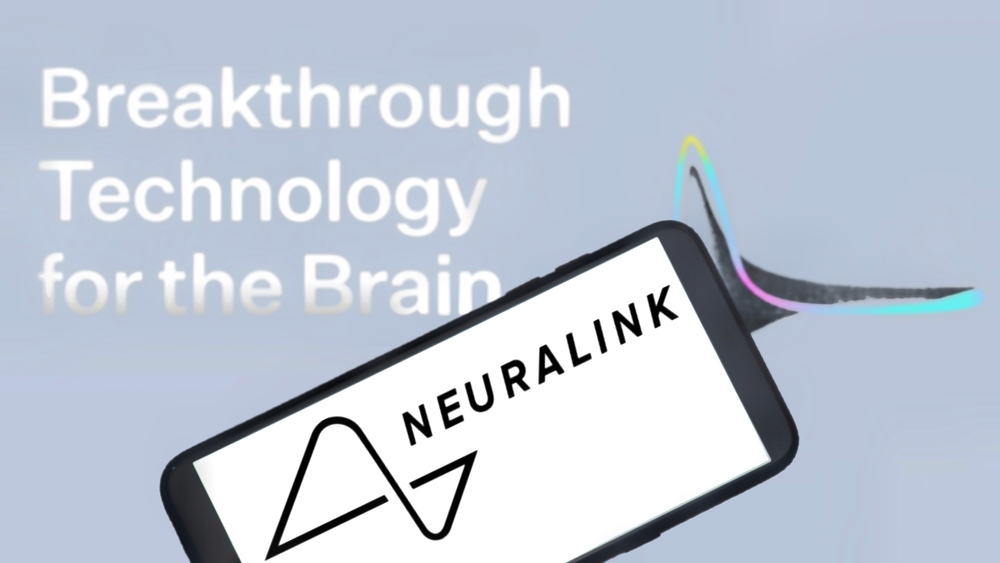Neuralink has, in its official blog, welcomed recruits into its human though-reading trials. The company associated with Tesla Inc chief executive Elon Musk lauded the green light granted by the Food and Drugs Administration (FDA).
Neuralink Corp Welcomes Volunteers in Clinical Trials
Neuralink, in its Tuesday, September 19 publication, is recruiting participants in the trial for brain-reading chips. The firm rallies volunteers in its program despite the brain-reading chips attracting criticism. The project targets assisting paralyzed human volunteers to regain their functioning.
Neuralink targets to recruit participants for its upcoming clinical trial. The assessment evaluates the safety and functionality attributes of the technology deployed.
The PRIME Study will run under the provisions of investigational device exemption (IDE) granted by the FDA in May this year. The Tuesday post considers the trials as representing a critical milestone in Neuralink’s mission of creating a generalized brain interface.
Neuralink aims to restore autonomy to individuals with unmet medical requirements. Elon’s company restated its primary objective of delivering BCI that would allow the user to exercise control over the computer cursor and keyboard by leveraging thoughts.
Elon Musk March to Restore Movement
The company indicated that realizing the clinical trial would involve surgically embedding tiny flexible threads fitted with electrodes within the brain region controlling movement. Neuralink confirmed that the study will utilize the R1 Robot in surgically placing the N1 Implant within the brain region involved in controlling the movement intention.
The company indicated that each participant would be asked to utilize the N1 Implant and N1 User application to control the computer. The participants are expected to offer feedback regarding the system.
The company has previously claimed that the device can read the user’s intended finger and hand movements. Subsequently, the device can translate the read intentions into commands to control the external devices.
The Tuesday blog post profiles N1 Implant as a chip recording the neural activity. The post indicates that each N1 Implant measures 8mm in diameter and carries 1024 electrodes of less thickness than a human hair.
Concerns Over Neuralink Invasive Approach
The Neuralink approach is a highly invasive initiative researchers warn harbors multiple risks. Researchers point to recent breakthroughs that have assisted paralyzed patients in regaining mobility using less intrusive methods.
A recent breakthrough involves Northwell Health, enabling quadriplegic Keith Thomas to regain arm mobility. The approach involved a less invasive procedure of implanting sensors on the brain surface. The patient could move the arms by thinking about the process.
Neuralink considers that the success of the brain chips in safety and effectiveness would help people with paralysis regain independence after spinal cord injuries and ALS conditions. Critics of the technology question the implants’ ethics in their use to read an individual’s thoughts literally.
Neuralink Criticized for Animal Welfare Violations
Neuralink’s statement on recruiting humans for trials comes after the controversial revelation of animal testing. A Reuters publication indicated that the Neuralink project led to over 1,500 animal deaths in botched experiments. The December 2022 publication accused Neuralink Corp of animal welfare violations. The staff decried the rushed animal testing process, which resulted in avoidable suffering and deaths.
Neuralink’s statement welcomes individuals to test the device as it promises compensation that will foot the study-related costs for six years. The experiment is identified as The PRIME Study, the acronym for Precise Robotically Implanted Brain-Computer Interface.
Neuralink targets to run the study in an anonymous hospital site. Neuralink has attracted a positive reception for its grand ambitions. Such is evident in the successful funding round that earned it $280 million, as reported early last month.
Neuralink Corp proposes a future where AI-powered chips would become common. The thought-reading would augment human capabilities.
The march by Neuralink faces multiple regulatory and ethical hurdles, thus delaying the accomplishment of Elon Musk’s vision.
The advances pursued by Neuralink have the potential to benefit patients suffering from limited mobility. Nonetheless, critics warn that Neuralink could blur treatment and human enhancement.
Editorial credit: Poetra.RH / Shutterstock.com
